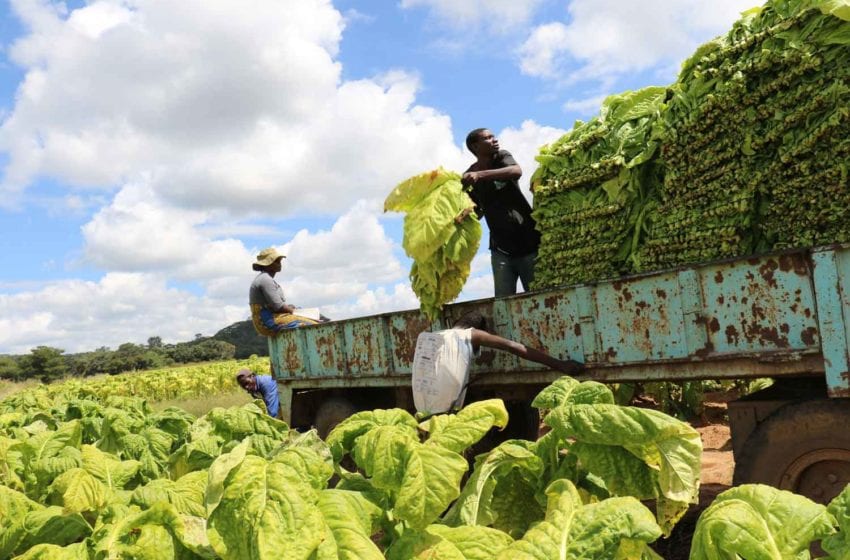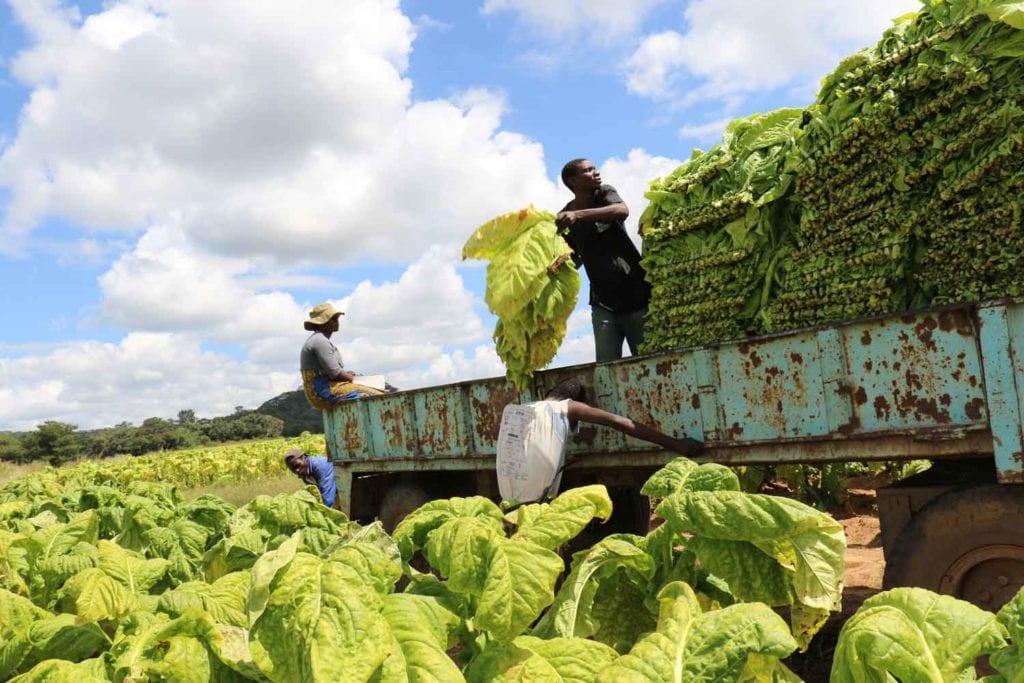
Philip Morris International reported net revenues of $9.05 billion for the fourth quarter and net revenues of $35.17 billion for fiscal year that ended Dec. 31, 2023. On a reported basis, the figures were up 11 percent and 10.7 percent, respectively, over the comparable 2022 periods.
Performance was driven by revenue growth in both the combustible cigarette business, where pricing offset reduced volumes, and the company’s smoke-free operations, which continued to increase their share of the company’s business mix.
“We are pleased that smoke-free products reached nearly 40 percent of our total net revenues and over 40 percent of our gross profit in the fourth quarter,” said PMI CEO Jacek Olczak in a statement.
“This was led by the continued growth of IQOS, which has now surpassed Marlboro in terms of net revenues, confirming its position as the leading premium nicotine brand less than 10 years from launch. The fourth quarter also marked the first anniversary of our combination with Swedish Match, which delivered very strong results in 2023 driven by the stellar U.S. performance of ZYN.”
PMI shipped 116.3 million cans of ZYN in the fourth quarter of 2023, representing growth of 78.2 percent versus fourth-quarter 2022 Swedish Match shipments of 65.3 million cans.
“We are entering 2024 with strong momentum, and we expect it will be another year of excellent performance underpinned by an acceleration in organic smoke-free net revenue and profit growth,” said Olczak.
PMI also expects to benefit this year from a recent settlement with British American Tobacco that resolves all ongoing patent infringement litigation between the parties related to heated tobacco and vapor products. The deal allows each party to innovate and introduce product iterations.


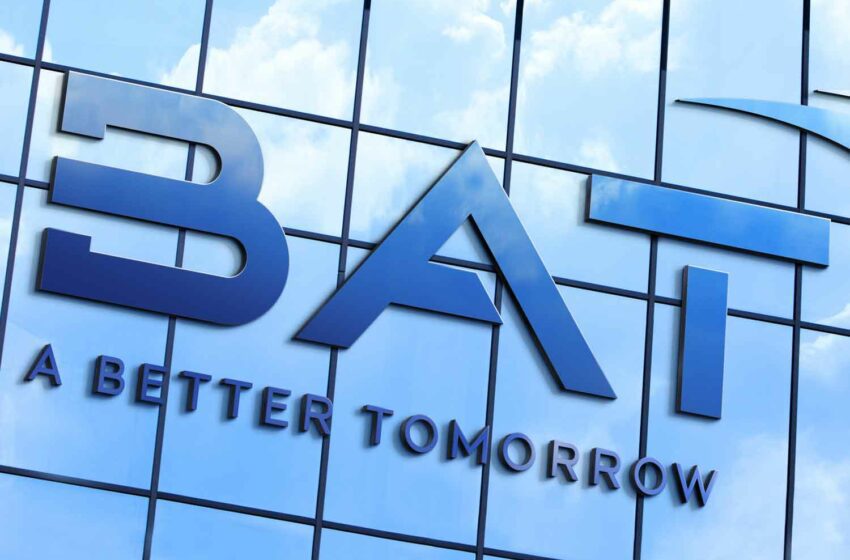
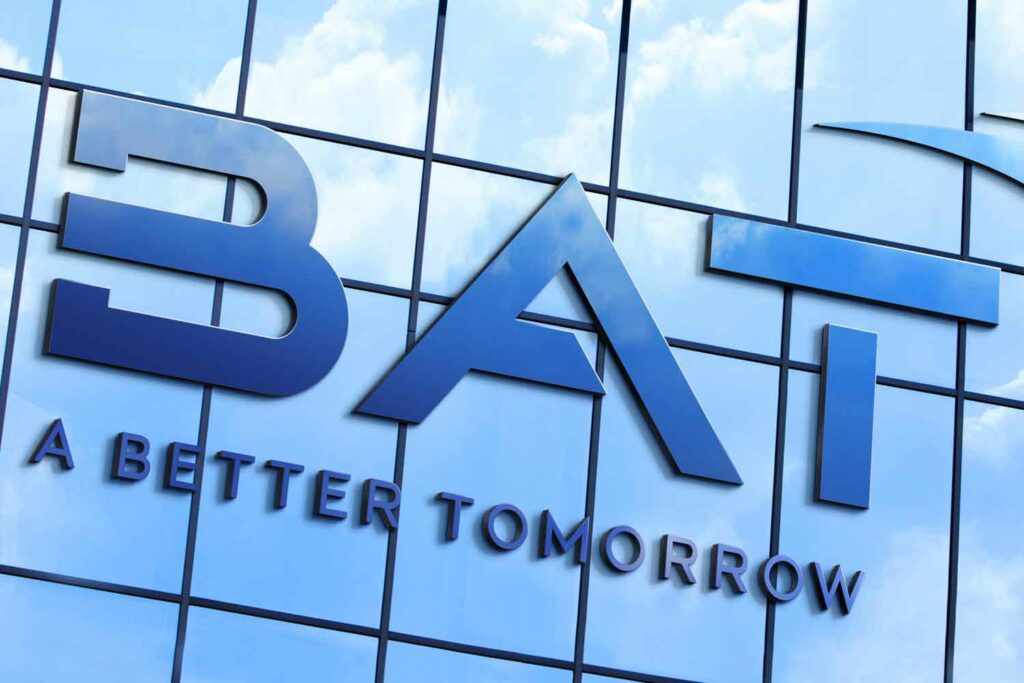









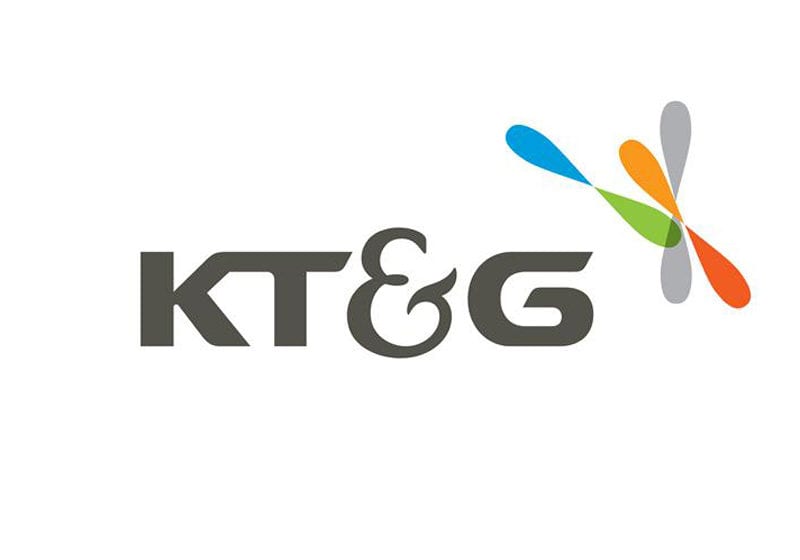
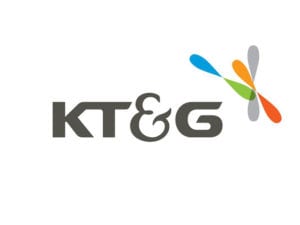 KT&G posted revenue of KRW1.45 trillion ($1,09 billion) and operating profit of KRW198.6 billion in the fourth-quarter of 2023. For the full-year, the company reported record revenue of KRW5.872 trillion and operating profit of KRW 1.168 trillion.
KT&G posted revenue of KRW1.45 trillion ($1,09 billion) and operating profit of KRW198.6 billion in the fourth-quarter of 2023. For the full-year, the company reported record revenue of KRW5.872 trillion and operating profit of KRW 1.168 trillion.